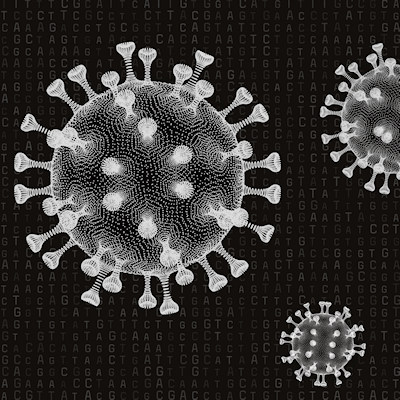 Nasal antibody modulates inflammatory response in COVID-19 patients in small clinical trial
Nasal antibody modulates inflammatory response in COVID-19 patients in small clinical trial
A nasally administered monoclonal antibody modulated inflammatory responses in COVID-19 patients in a small clinical trial. Read More
 Aiming targeted protein degradation at kinase unlocks potential way to treat Alzheimer’s
Aiming targeted protein degradation at kinase unlocks potential way to treat Alzheimer’s
A targeted protein degrader could break apart a kinase implicated in Alzheimer’s disease to improve the cognitive abilities of patients with the neurodegenerative condition, according to a study published March 1 in ACS Central Science. Read More
 At SLAS 2023, BioAuxilium Research announces expansion of TR-FRET technology portfolio
At SLAS 2023, BioAuxilium Research announces expansion of TR-FRET technology portfolio
BioAuxilium Research this week announced the expansion of its no-wash Thunder time-resolved Förster resonance energy transfer (TR-FRET) technology portfolio at the annual Society for Laboratory Automation and Screening (SLAS) International Conference and Exhibition in San Diego. Read More
 Toxic protein linked to both muscular dystrophy and arhinia
Toxic protein linked to both muscular dystrophy and arhinia
National Institutes of Health (NIH) researchers and collaborators have found that DUX4, a toxic protein made by the body, may be responsible for two very different rare genetic disorders. The study, published on Friday in Science Advances, may eventually lead to therapies that can help people with a type of muscular dystrophy, as well as those with a facial malformation called congenital arhinia. Read More
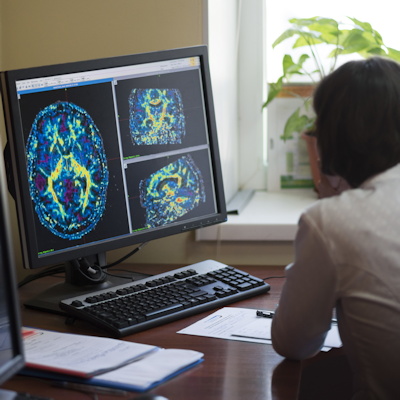 Machine learning finds potential brain cancer drug targets in multi-omics dataset
Machine learning finds potential brain cancer drug targets in multi-omics dataset
Researchers have applied machine learning to a multi-omics dataset to identify the kinases that drive tumor growth and drug resistance in certain types of brain tumor. Read More
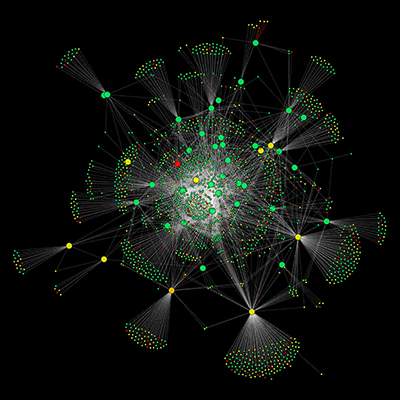 MIT researchers record cellular memories through protein chains
MIT researchers record cellular memories through protein chains
Using engineered proteins, MIT researchers have designed a system in which they can record “memories” of sequences of cellular events, such as when certain genes are activated, or how cells respond to a drug, as cells turn on series of genes and pathways in performing functions. Read More
 Wyss Institute launches RNA therapeutics startup EnPlusOne Biosciences
Wyss Institute launches RNA therapeutics startup EnPlusOne Biosciences
Wyss Institute at Harvard University has partnered with Northpond Labs to launch EnPlusOne Biosciences. The startup aims to bring versatile, scalable RNA synthesis technology to market, with the goal of unlocking the development of new RNA drugs, vaccines, and gene-editing therapies. Read More
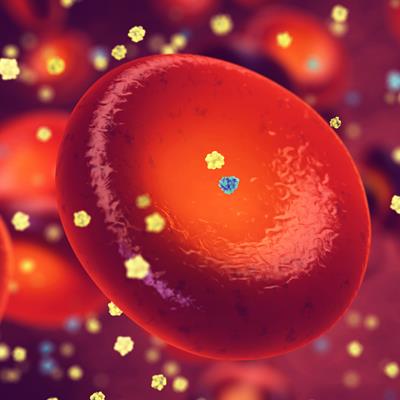 Proteomic signature improves detection of hard-to-identify form of prediabetes
Proteomic signature improves detection of hard-to-identify form of prediabetes
Testing for a three-protein signature in the blood could improve the detection of a form of prediabetes, according to research published November 10 in the journal Nature Medicine. Read More
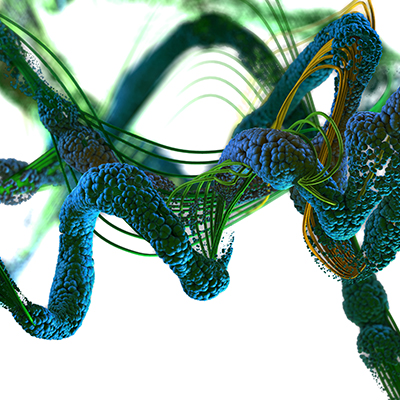 Benchtop single-molecule protein sequencing unlocks new way to study proteome
Benchtop single-molecule protein sequencing unlocks new way to study proteome
Life sciences company Quantum-Si has developed a benchtop instrument that performs single-molecule protein sequencing, setting the stage for a new approach to studying the proteome. Read More
 CRISPR edited rat embryos reveal cause of rare pediatric neurodegenerative disease
CRISPR edited rat embryos reveal cause of rare pediatric neurodegenerative disease
Using CRISPR gene editing technology on rat embryos, University of Wisconsin-Madison researchers have revealed the mutation that is responsible for progressive gait abnormalities and other symptoms in human infants and young children with a rare neurodegenerative disease. Read More
Conferences
Science Briefs
Member Rewards
Earn points for contributing to market research. Redeem your points for merchandise, travel, or even to help your favorite charity.
Research Topics
Interact with an engaged, global community of your peers who come together to discuss their work and opportunities.
Conferences
Connect
Tweets by @ScienceBoard






